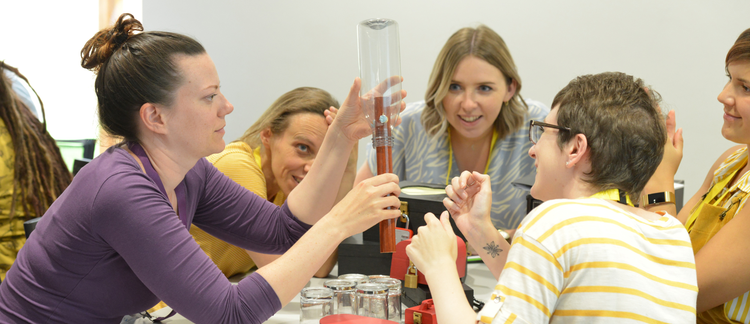Abstract
This article explores the softer side of play, considering the affordances of teaching at the reflective and contemplative end of the playful learning spectrum. Inspired by both contemplative and compassionate pedagogies plus practice-based enquiry, it argues for the positive impact that playful learning can have on student and staff mental health. It explores the way that a playful teaching approach can benefit both students and teachers within UK Higher Education: a sector where high levels of poor mental health among both groups are well-documented. The affordances of combining playful learning with compassionate and contemplative pedagogies are identified: these include the development of skills in empathy, listening and reflection, and the provision of safe spaces for identity work.
The article ends with some practical recommendations for teachers who would like to adopt this compassionate approach in both their playful practice and their own development.
Keywords
Mindfulness, Collage, LEGO Serious Play, Contemplative pedagogy, Compassionate pedagogy, Mental health
How to Cite
Reeve, J., (2021) “Compassionate Play: why playful teaching is a prescription for good mental health (for you and your students)”, The Journal of Play in Adulthood 3(2), 6-23. doi: https://doi.org/10.5920/jpa.855
1898
Views
407
Downloads
